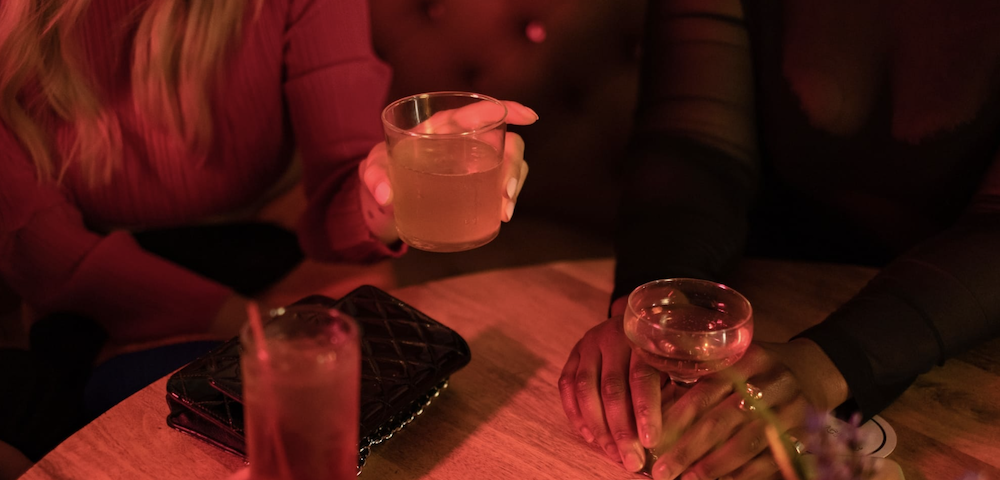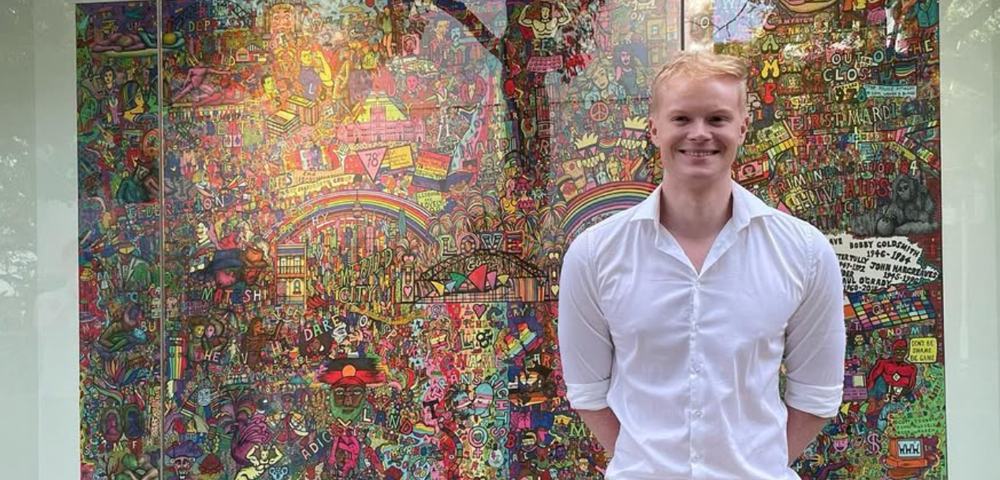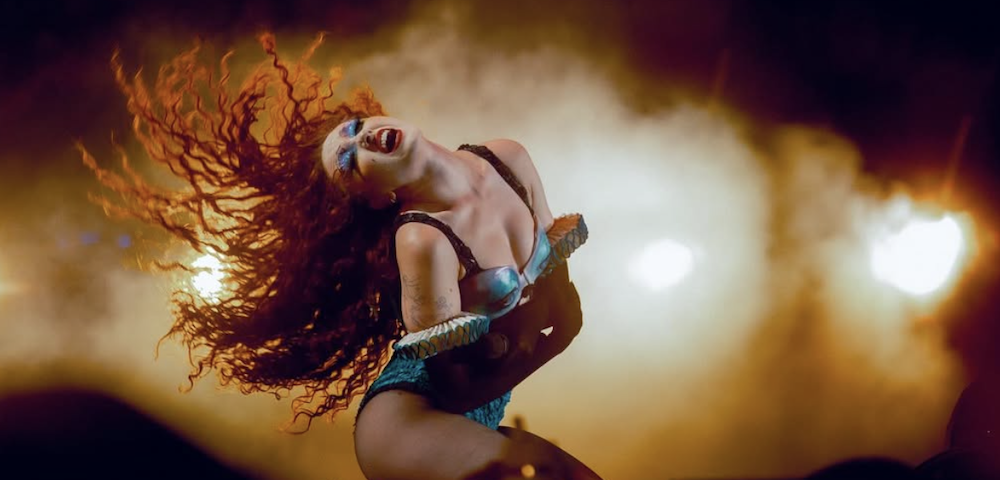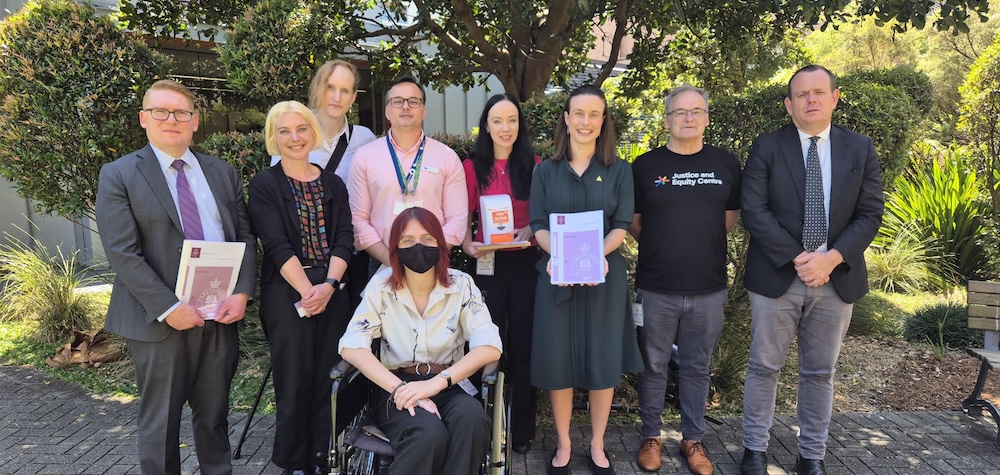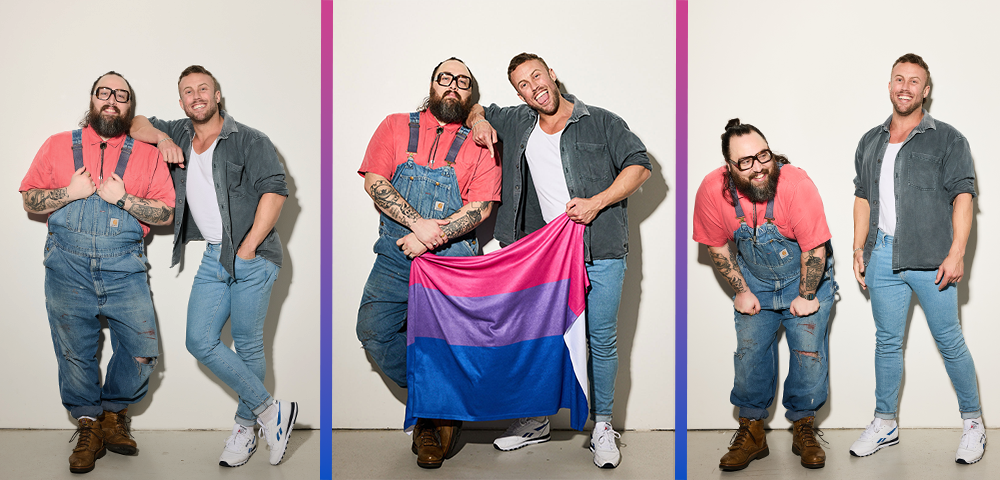
Australian society is changing, as is the wider LGBTIQ community. The percentage of Australians who are either born overseas or came from migrant families continues to increase.
It is quite common to see seemingly ethnic individuals who speak with no ‘foreign’ accent and call Australia home. In fact, they don’t know any ‘home’ other than Australia, since this is where they were born and grew up.
Does this mean there is no need for support groups for ethnic (or multicultural) LGBTIQ people?
Despite the idealistic concept of a racial melting pot where different cultures ‘blend’ to form a unique multicultural identity, the reality is more complex. Ethnic migrants are not a homogenised group (even though we are often classified under a specific label such as ‘Asians’, ‘Africans’ or ‘Middle Eastern’).
Each ethnicity, culture and nationality brings its own values, norms and practices that may influence the way we see our sexuality.
Homophobia exists in ethnic groups as it does in Australian society. Moreover, the utopian ideal of a harmonious multicultural society is desirable yet difficult to achieve. Discrimination, stigma and marginalisation on the basis of race, culture and religion persist.
Indeed, not many people imagine an ethnic person when they are asked to describe LGBTIQ people. This suggests a missing ‘E’ in the LGBTIQ.
Specific needs and challenges faced by ethnic LGBTIQ people indicate the importance of creating a supportive environment sensitive to our needs. Throughout the years, there have been various groups catering to ethnic LGBTIQ people that celebrate their unique identity while, at the same time, advocating for greater acceptance in the LGBTIQ community and society.
The significance of these groups cannot be underestimated. Some ethnic LGBTIQ people may feel the need to be with people who share similar cultural values, beliefs and identity. Feeling connected with those of similar backgrounds can be used to counter the feeling of alienation on the basis of race.
Furthermore, homophobia that exists in both ethnic communities and Australian society can have a detrimental effect on wellbeing. Multicultural LGBTIQ groups provide a safe space that celebrates sexual diversity in a culturally sensitive manner.
The Victorian AIDS Council/Gay Men’s Health Centre (VAC/GMHC) has a long history of providing support for multicultural LGBTIQ support groups. The VAC/GMHC recognises the specific needs of ethnic LGBTIQ people to negotiate sexuality and ethnicity in a predominantly heterosexual Anglo society.
The objective is to ensure that multiculturalism remains an integral part of the LGBTIQ community in Victoria.
After all, the human race consists of different colours, just like the rainbow.
To find out more about assistance offered by VAC/GMHC for multicultural LGBTIQ support groups, contact peer_ed@vicaids.asn.au
By BUDI SUDARTO




